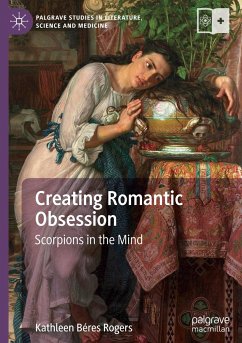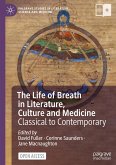Most of us have, at one time, been obsessed with something, but how did obsession become a mental illness? This book examines literary, medical, and philosophical texts to argue that what we call obsession became a disease in the Romantic era and reflects the era's anxieties. Using a number of literary texts, some well-known (like Mary Shelley's 1818 Frankenstein and Edgar Allan Poe's 1843 "The Tell Tale Heart") and some not (like Charlotte Dacre's 1811 The Passions and Charles Brockden Brown's 1787 Edgar Huntly), the book looks at "vigilia", an overly intense curiosity, "intellectual monomania", an obsession with study, "nymphomania" and "erotomania", gendered forms of desire, "revolutiana", an obsession with sublime violence and military service, and "ideality," an obsession with an idea. The coda argues that traces of these Romantic constructs can be seen in popular accounts of obsession today.
"Rogers has woven a brilliant account of how Romantic obsession and resultant madness are not merely psychological phenomena, which, given the breadth of the scholarship here, would represent a misreading of the period, but embodied, pathologized, medicalized events. ... She has opened up new seams of inquiry, notably in texts she does not even mention in her book ... these and other texts should be re-examined in light of Rogers's work." (Jeffrey Cass, European Romantic Review, January 27, 2022)








